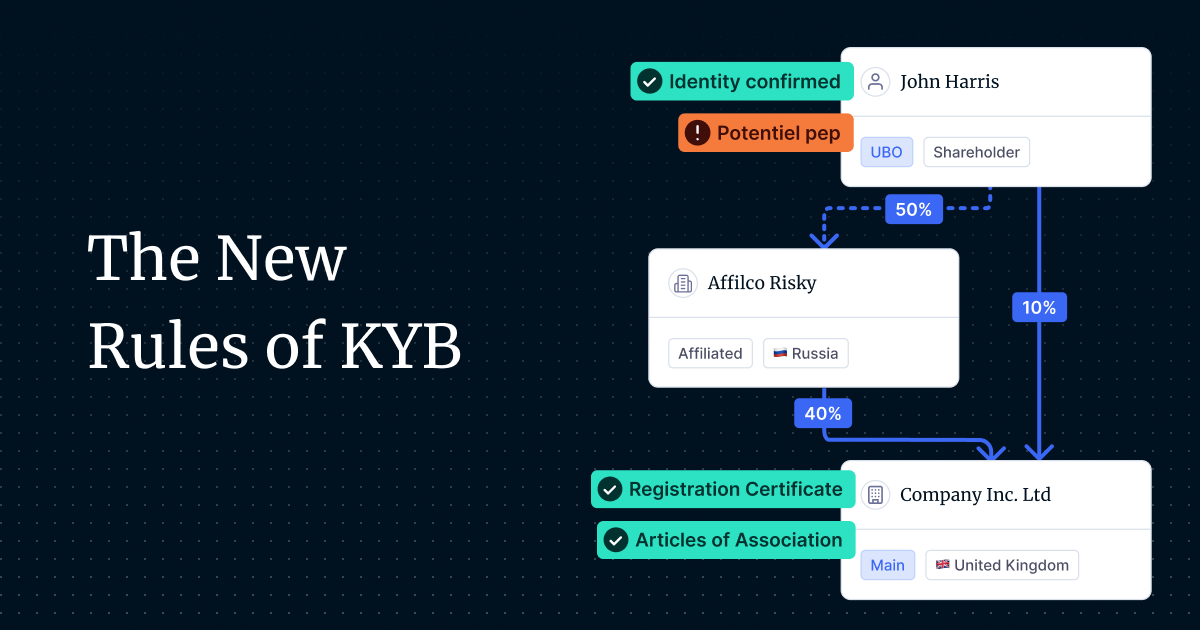(Mis)Using great tech
Binance used great tech to develop a novice solution and become the world’s most recognizable crypto exchange with services available to anyone in any region. But let’s be honest, using new tech to break the law is not disruptive, it’s criminal. Reaching new markets and contributing to fostering the digital economy across developing or less accessible countries is disruptive only if you do it the right way. The innovative tech should disrupt the industry to help better comply with regulations rather than being a means to break the law or launder money in a new, innovative way.
Using algorithms to, purposefully, facilitate illicit transactions is one way to get rich (and sentenced). While other crypto exchanges were working hard to prevent sanctioned users from accessing their services, Binance worked harder to ensure that US customers were matched with users from sanctioned regions. Binance caused US customers to engage in transactions that violate US sanctions. Such transactions were obviously a result of Binance’s decision to prioritize growth and profit while knowingly avoiding meeting regulatory compliance. The press release reads “this intentional failure, between January 2018 and May 2022, Binance willfully caused over $898 million in trades between US users and users ordinarily resident in Iran”.
Growth, growth, growth, jail
A lot of founders dream of building the biggest business in the world. It’s impressive when you see an ambitious startup scaling and becoming the world’s greatest company. But it’s less so when it happens at the expense of violating the law, putting user’s safety and data security at risk, and literally facilitating transactions that finance some of the most dangerous and shameful activities. What’s valued and respected is sustainable growth and dedication. Evading the law is a good strategy only if you want to grow faster than competitors (who respect the law) and secure huge market shares along with the biggest corporate fines in the US Treasury history ($4.3 billion). When you prioritize growth and profit over compliance and security, the consequences are severe. Chengpeng Zhao, Binance’s former CEO, was sentenced to 4 months in prison.

Compliance, what?
What’s so exceptional and outrageous about Binance is that it’s not just about vast flows of dirty money from one country to another. The lack of proper AML/KYC processes led to a variety of illegal transactions by the world’s biggest movements like the Islamic State group, al-Qaeda, or the armed wing of Hamas (source). What strikes is the fact that Binance seemed to be well aware of the types and origins of transactions, yet prioritized profits. And it’s not only turning a blind eye to certain individuals and their transactions. Binance took steps to help US users transact with sanctioned countries and encouraged new account opening and a range of elaborate deceptions to keep them active. The company consciously allowed these activities to reoccur until it was forced to do otherwise. No surprise that Binance never reported any suspicious activity (SAR) with FinCEN, it would hurt its pockets badly.
Collecting email addresses is not due diligence. Opening an account without a proper KYC process in place will attract all kinds of illicit. It’s hard to say that Binance wasn’t aware of it. Apparently, the executives disregarded the remarks by the compliance team concerned about the type of clientele attracted to the platform. Even after due diligence became a necessity for new users, existing ones could still get away without submitting any identifying information.
The exchange platform was used in various ways to facilitate illicit transactions including “conducting transactions for mixing services that obfuscated the source and ownership of cryptocurrency; transferring illicit proceeds from ransomware variants; and moving proceeds of darknet market transactions, exchange hacks, and various internet-related scams” (source).
Looking at the bigger picture
After the FTX elaborate scam scandal, cautious investors were discouraged from staying put. The Binance news brings more skepticism to the world of cryptocurrency. Binance not only didn’t protect their own users to prevent involvement in the illicit transactions, but they also facilitated the transactions related to the selling of stolen information putting even more users at risk. The platform put the US users, system, and national security at risk exposing the financial system to those willing to exploit them.
Conclusion
This as well as the preceding FTX scandal, shows that the industry needs more scrutiny. Hopefully, this story will not set an example for other tech disruptors to “ask for forgiveness, rather than permission”, but will ensure businesses that growth and compliance need to go hand in hand. Avoiding compliance is just a temporary option. Those who neglect regulations or purposefully break the law to prioritize growth and profit eventually take responsibility for both their actions and inactions. And we’re not talking about a bad reputation and a big fat fine. As the FTX case proved, businesses can get in much bigger trouble and sometimes, there’s no way back.
Don’t be like Binance, click that Book a demo button.




.png)
